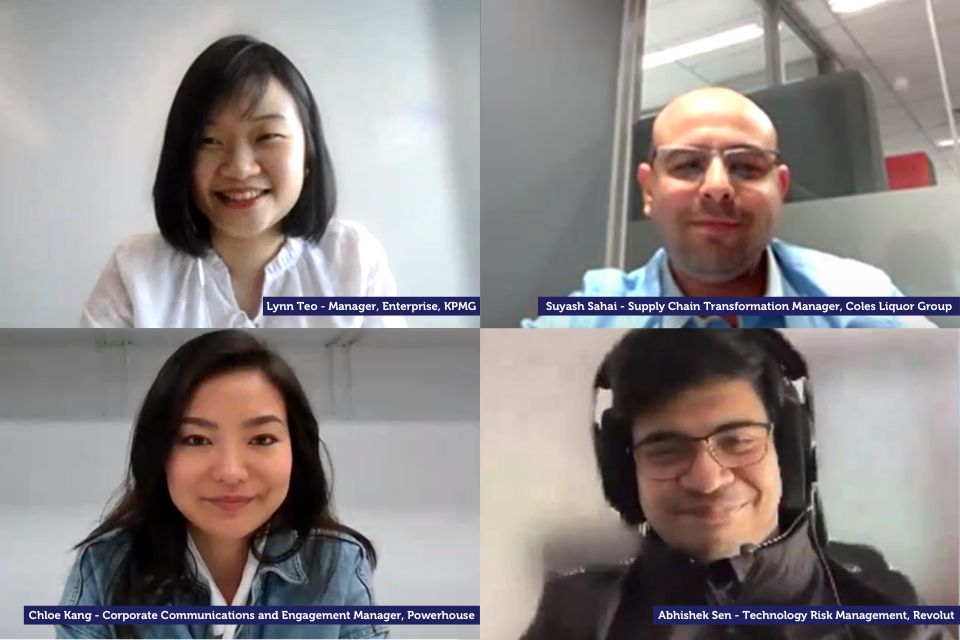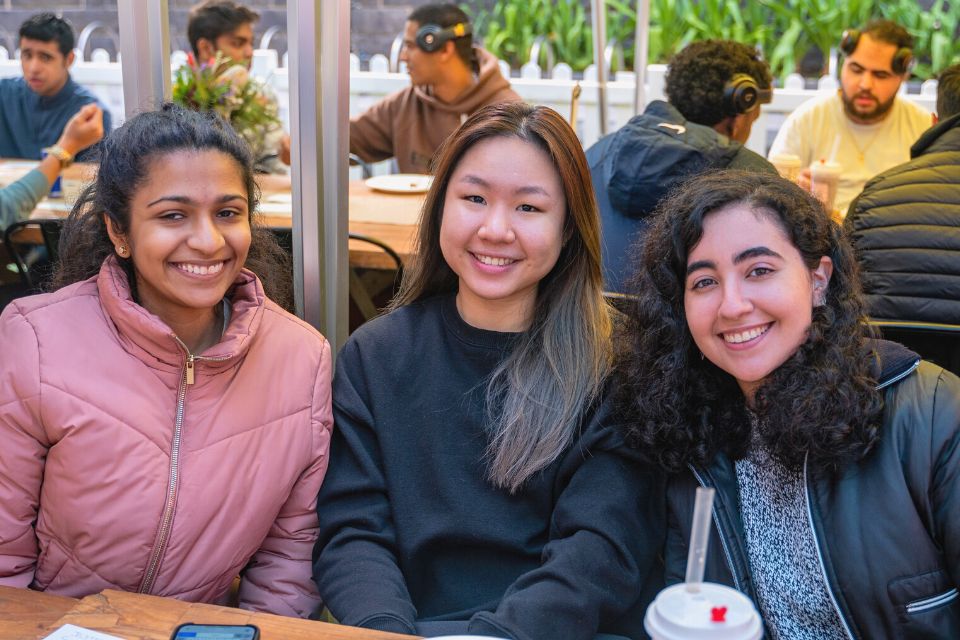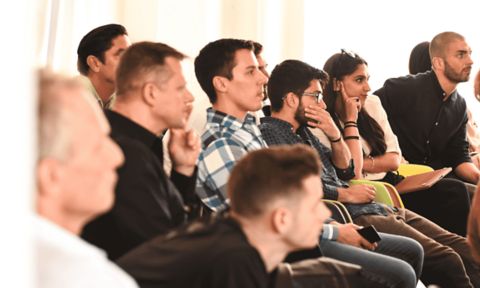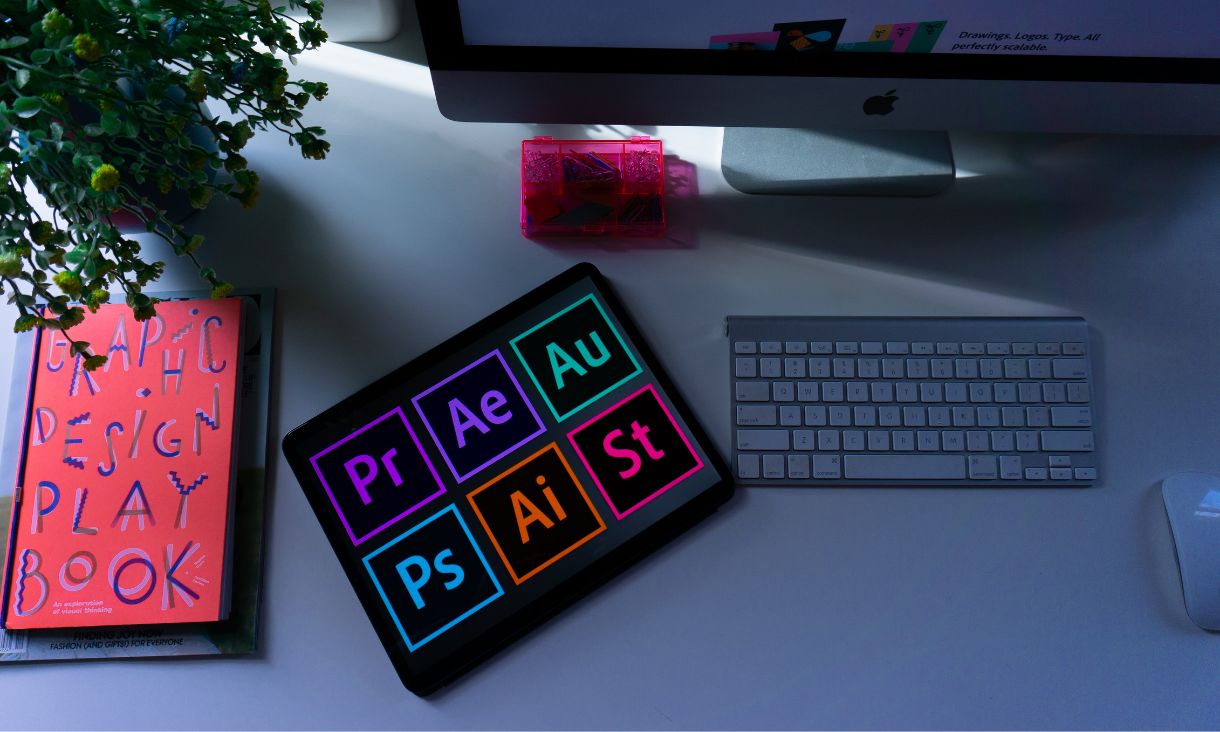Developing effective communication skills
Lynn Teo - Manager, Enterprise, KPMG
A great thing to do is visualising using white boards or when sending an email attach a pdf or image to get across what you mean.
Chloe Kang - Corporate Communications and Engagement Manager, Powerhouse
Passion and knowing your audience. When you speak with passion, the audience is more likely to lean forward and listen to what you have to say. It will help you to develop your communication skills in a way that engages the audience.
Knowing your audience and how they prefer to receive information is very important. It will vary and might look like creating something fun and light or providing more facts and insights.
Abhishek Sen -Technology Risk Management Revolut
Don’t underestimate yourself, even if English is not your main language - everyone has gone through what you have, you will get there!
Suyash Sahai - Supply Chain Transformation Manager – Coles Liquor Group
The principles I like to follow for effective communication are clarity, content and closure.
Content, ensure you are on the topic and not veering off, to avoid losing the audience.
Closure, everything we communicate should have a closure, a call to action, acknowledgement or next steps.
These are principles we can practice in everyday life with peers.
Adapting to cultural differences in the Australian workplace
Lynn, KPMG
Power distance is one of the cultural differences between where I grew up (Malaysia) and Australia. During my internship in Malaysia, we greet the partners by their title when we see them, over here it is a first name basis, and we have conversations with them.
Reframing my mindset to knowledge sharing and understanding that others appreciate us speaking up during meetings has been useful. One thing that helped me to come out of my comfort zone during meetings was sharing my point of view, asking questions, or making different suggestions.
Chloe, Powerhouse
In my culture we tend to be more conservative and quieter, especially in a large conference room, so I found it hard to speak up on my ideas and what I thought on topics.
I would say research the topic before you go into a meeting and that will help you speak with confidence.
Top tip for job interviews
Abhishek, Revolut
One good tip is to start creating your website or github pages, where you can store things relevant to your course/skills, like data sets, codes etc.
Suyash, Coles Liquor Group
Know all the details about the job you are applying for, research the company and prepare your skill set relevant to the job.
Chloe, Powerhouse
Don’t be afraid if you don’t have enough professional experience, try to experience as much as you can from volunteering or a part time job and consider what you have learnt that helps you pursue an entry-level career in a corporate environment.









